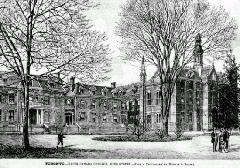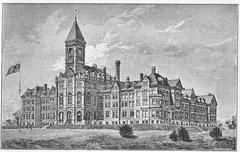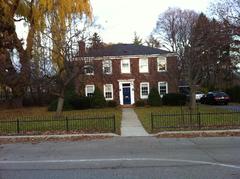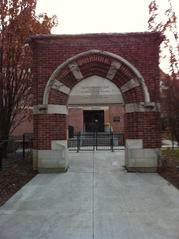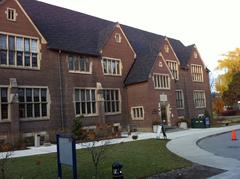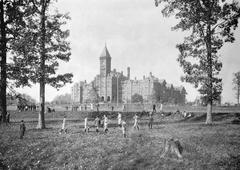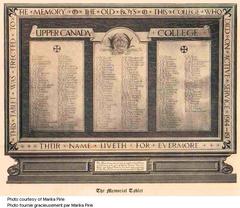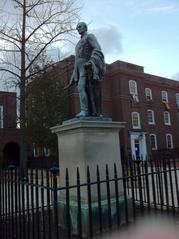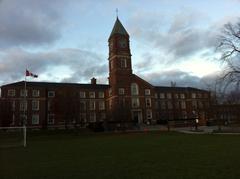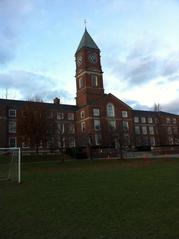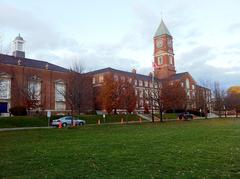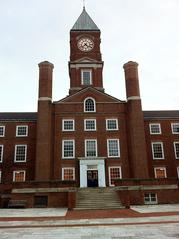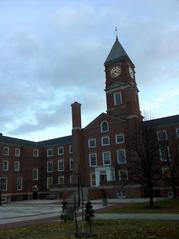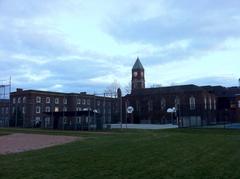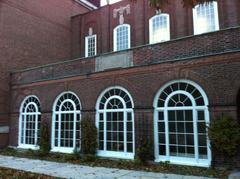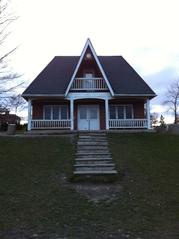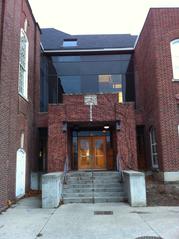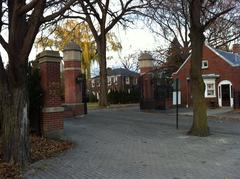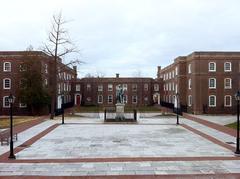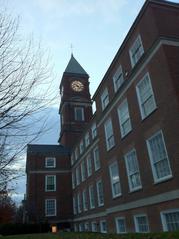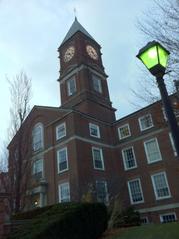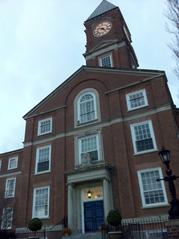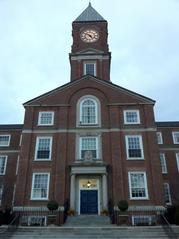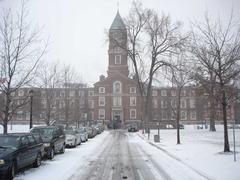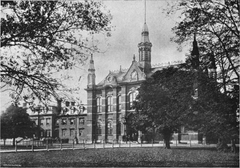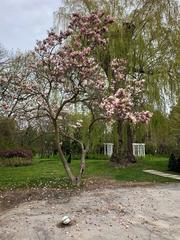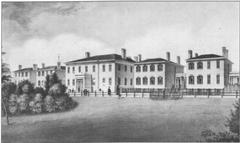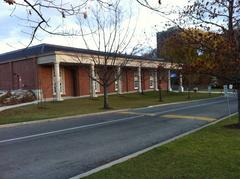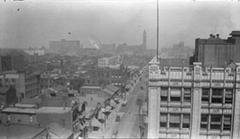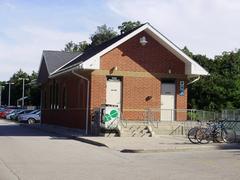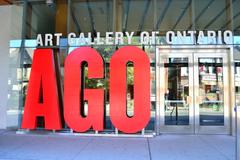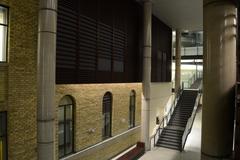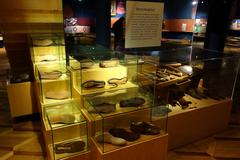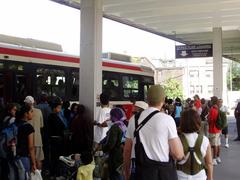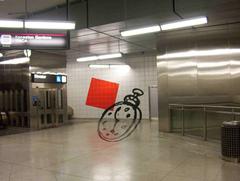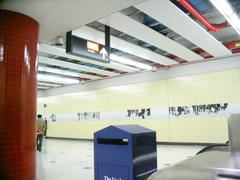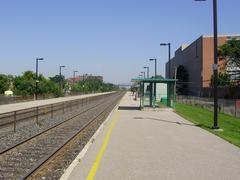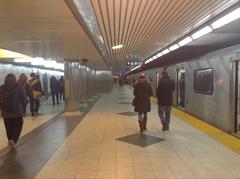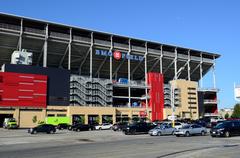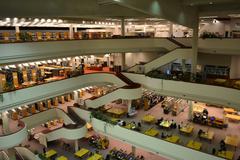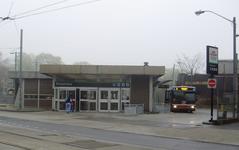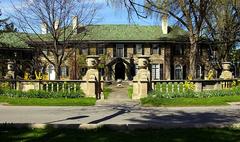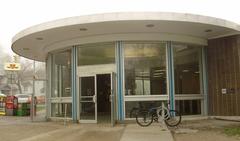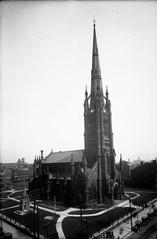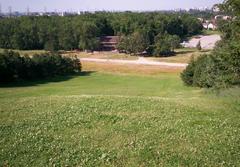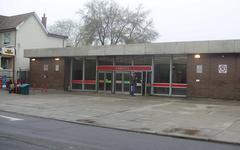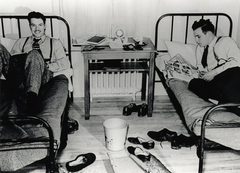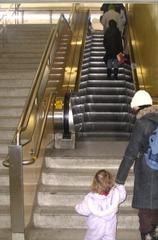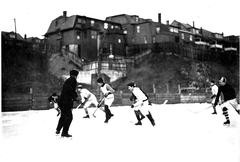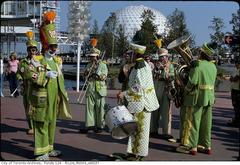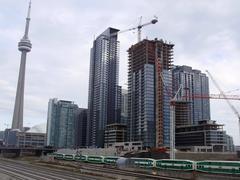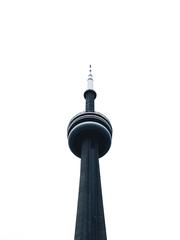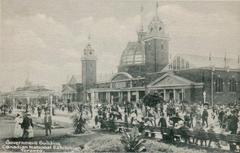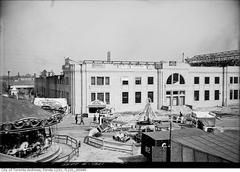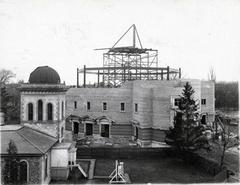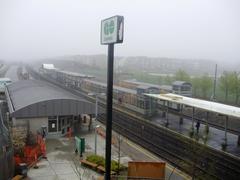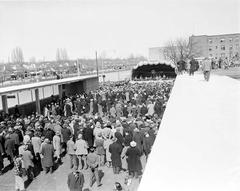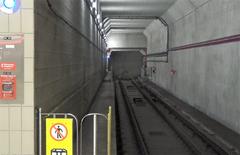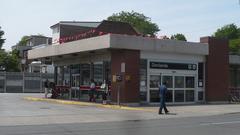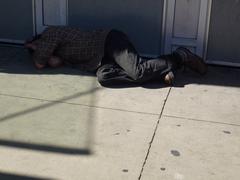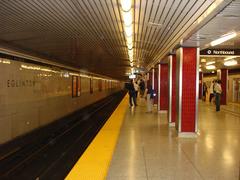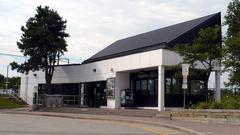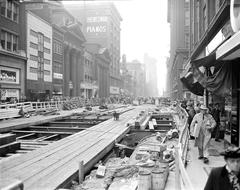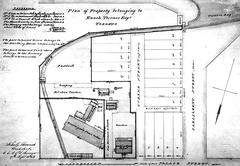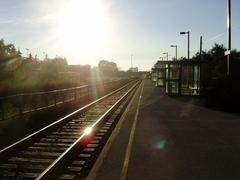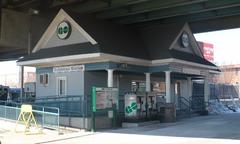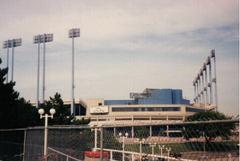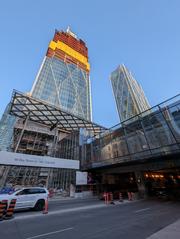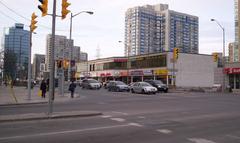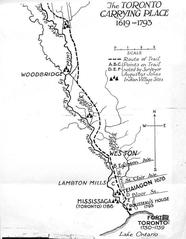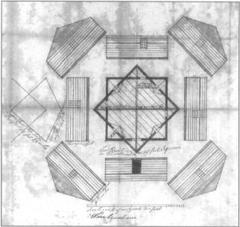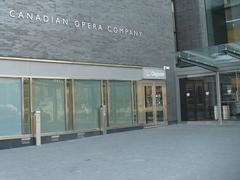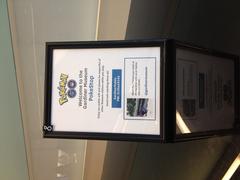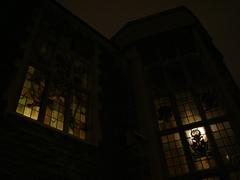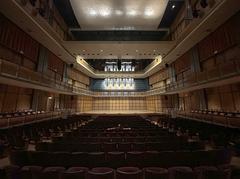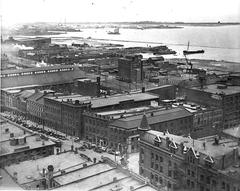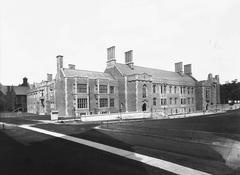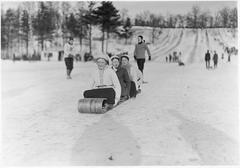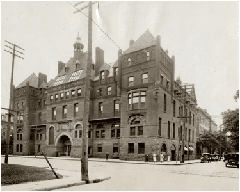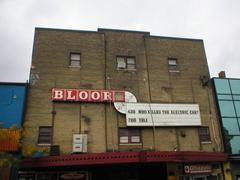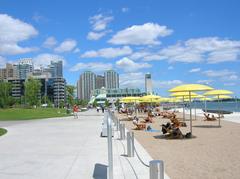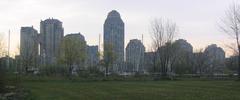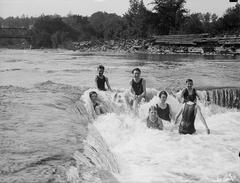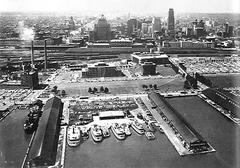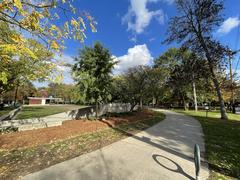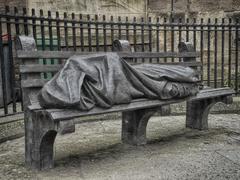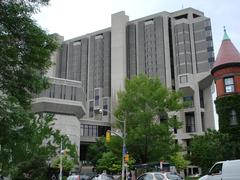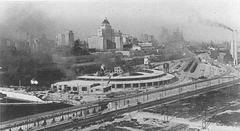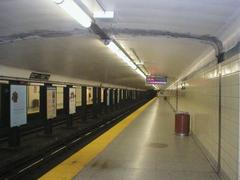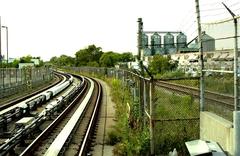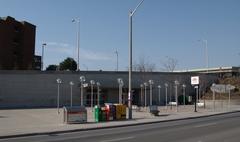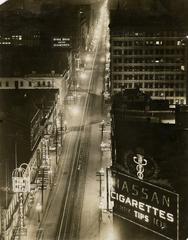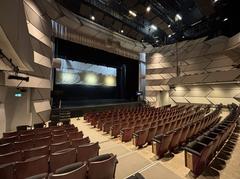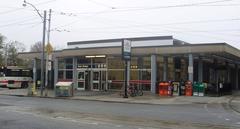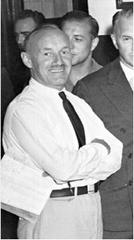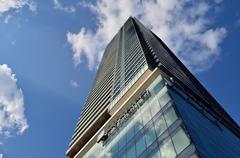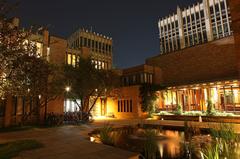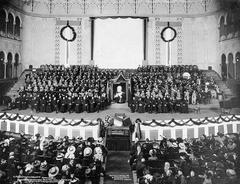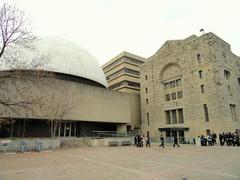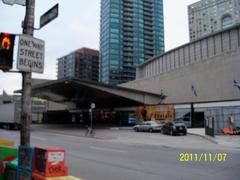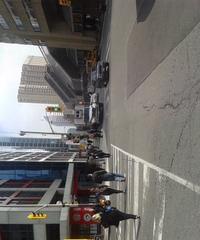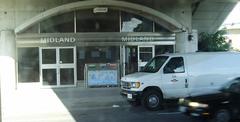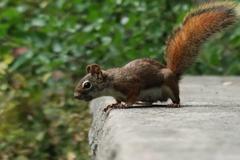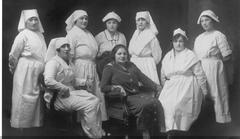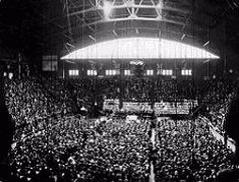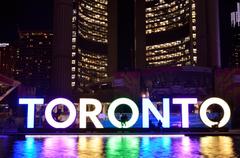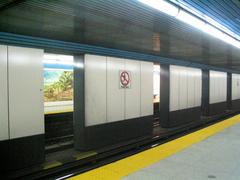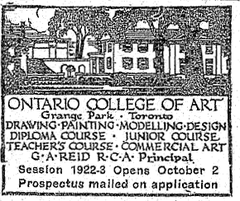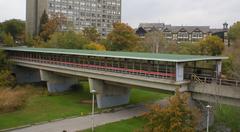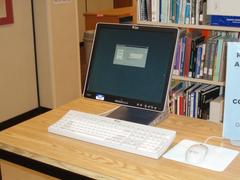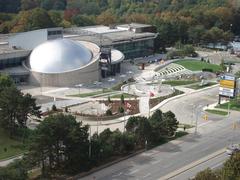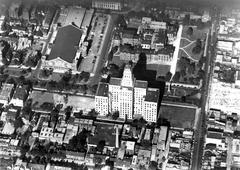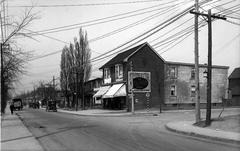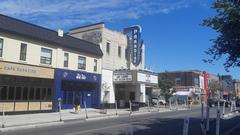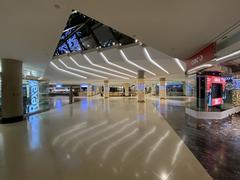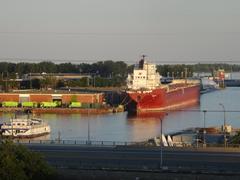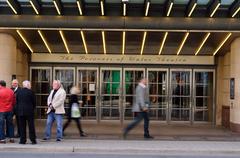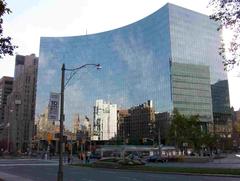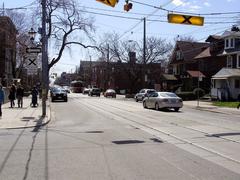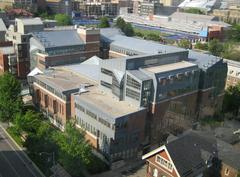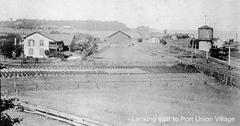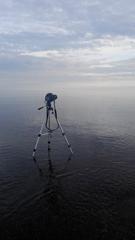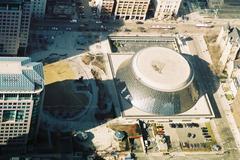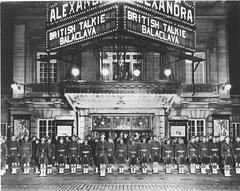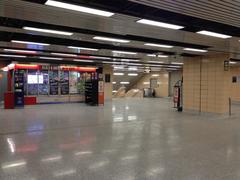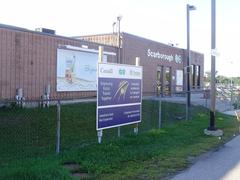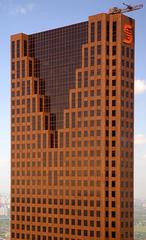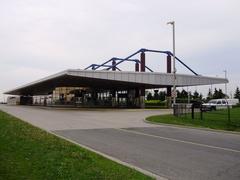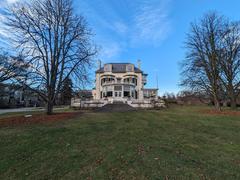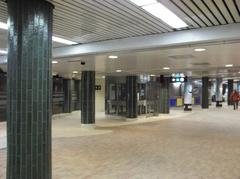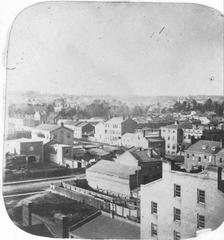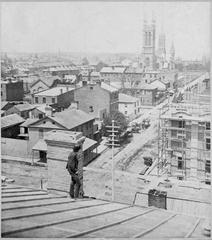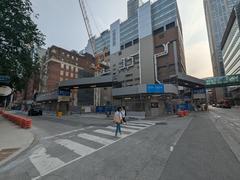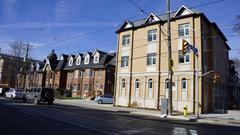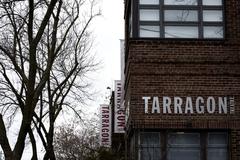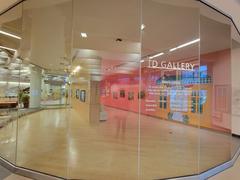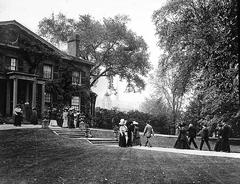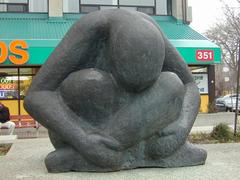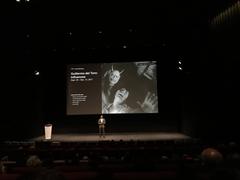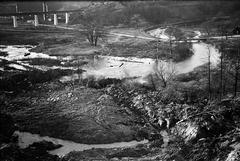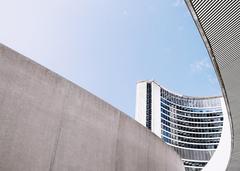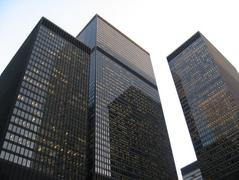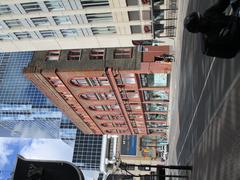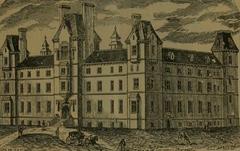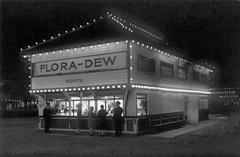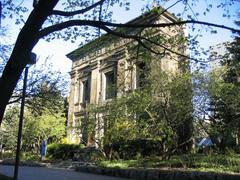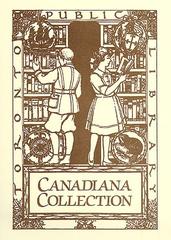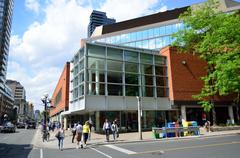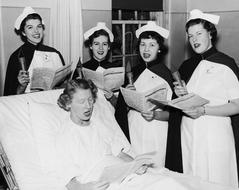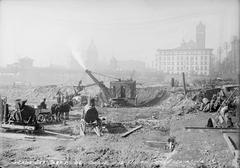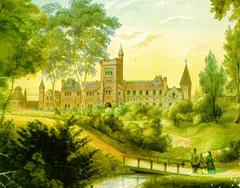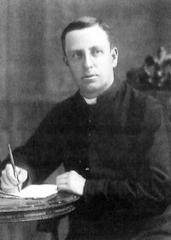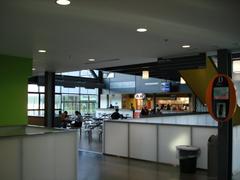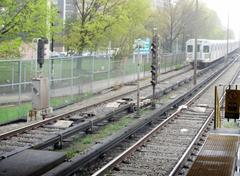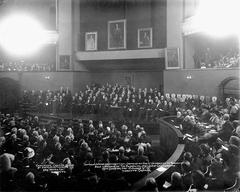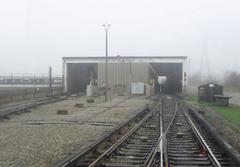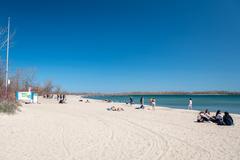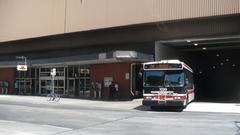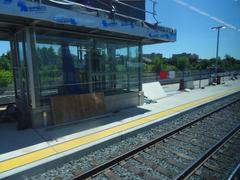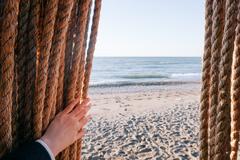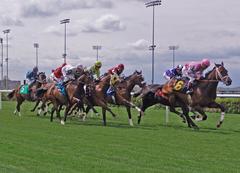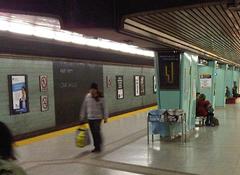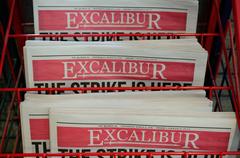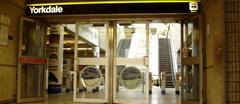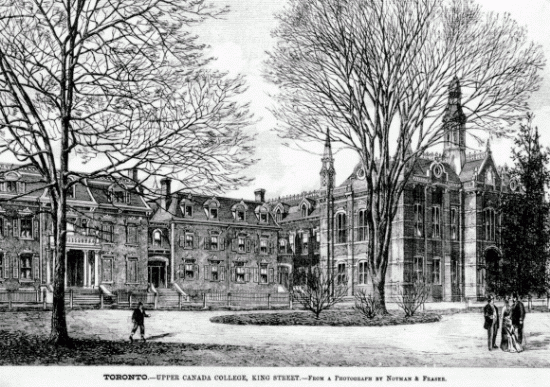
Upper Canada College Visiting Hours, Tickets, and Historical Sites in Toronto
Date: 14/06/2025
Introduction
Upper Canada College (UCC) is a landmark institution in Toronto’s Forest Hill neighborhood, renowned not only for its academic excellence but also for its historical and cultural significance. Established in 1829 by Major-General Sir John Colborne, UCC stands today as one of Canada’s oldest independent schools, embodying nearly two centuries of tradition, leadership, and architectural grandeur. With its Collegiate Gothic campus, distinguished alumni, and commitment to inclusivity and innovation, UCC offers visitors a unique window into the evolution of Canadian education and society.
This comprehensive guide details everything you need to know for a successful visit to UCC—including visiting hours, ticketing, accessibility, transportation, and tips for exploring nearby attractions like Casa Loma and the Toronto Botanical Garden. Whether you are a history enthusiast, a prospective student, or a curious traveler, this guide will help you make the most of your visit to this iconic Toronto institution.
For the most current information and additional historical context, please refer to the official Upper Canada College website (Upper Canada College Official Site) and related resources such as Wikipedia.
Table of Contents
- Introduction
- Historical Significance of Upper Canada College
- Institutional Legacy and Educational Influence
- Social and Political Impact
- Cultural Transformation and Diversity
- Architectural and Heritage Significance
- Campus Location and Setting
- Academic and Co-Curricular Facilities
- Athletic and Recreational Facilities
- Boarding and Student Life
- Visiting Hours, Admission, and Tours
- Accessibility, Transportation, and Parking
- Visitor Amenities and Tips
- Sustainability Initiatives
- Nearby Attractions
- Safety and Security
- Event and Rental Spaces
- Photography Guidelines
- Frequently Asked Questions (FAQs)
- Plan Your Visit: Tips for a Memorable Experience
- Conclusion
- References
Historical Significance of Upper Canada College
Founded in 1829, UCC was modeled after elite British public schools to prepare future leaders for Upper Canada (now Ontario). The campus features impressive Collegiate Gothic architecture, historic plaques, and memorials commemorating the school’s role in Canadian history. Over nearly two centuries, UCC has educated generations of leaders who have shaped Canada’s political, cultural, and economic landscape (Wikipedia).
Institutional Legacy and Educational Influence
UCC’s rigorous International Baccalaureate (IB) program and its emphasis on leadership, character, and community engagement set it apart among Canadian schools. Founded with public funds and land grants, UCC has continually evolved, influencing educational standards across the country and maintaining strong links to institutions like the University of Toronto (Strategic Directions).
Social and Political Impact
The school’s alumni—known as “Old Boys”—include six lieutenant governors, four premiers, seven chief justices, and more than two dozen Rhodes Scholars. UCC graduates have contributed significantly to Canadian society in politics, business, law, and culture, reflecting the institution’s broad impact (UCC Notable Alumni, Our Kids).
Cultural Transformation and Diversity
Once a bastion of British-Canadian tradition, UCC has become increasingly diverse. It began admitting ethnic minorities in the 19th century and now offers over $5 million annually in financial aid to ensure accessibility for Canadian citizens. The school actively promotes pluralism and strives to reflect the diversity of modern Canada.
Architectural and Heritage Significance
UCC’s 17-hectare (35-acre) campus is home to 15 heritage buildings, with the iconic clock tower serving as a campus centerpiece. The Ontario Heritage Trust has recognized the campus’s architectural and historical importance. Modern facilities have been integrated while preserving the school’s historic character (Wikipedia).
Campus Location and Setting
UCC is located at 200 Lonsdale Road in Toronto’s Forest Hill neighborhood, surrounded by tree-lined streets and close to downtown. The campus’s tranquil setting features manicured lawns, gardens, and impressive gates, offering a peaceful environment for visitors (Mapcarta).
Academic and Co-Curricular Facilities
- Classrooms and Labs: Modern, technology-enabled classrooms; specialized spaces like the Atkins Design Lab, Holmes Project Lab, and Hixon Family Design Lab support hands-on learning (UCC official website).
- Libraries: The Macintosh and Wilder Libraries offer extensive print and digital collections, study areas, and collaborative spaces.
- Arts Spaces: Film and music studios, recital halls, and George Weston Hall host performances, assemblies, and cultural events (Cause an Effect UCC).
- Clubs and Activities: Nearly 90 student clubs, including robotics, debate, and Model UN, enrich campus life.
Athletic and Recreational Facilities
- William P. Wilder ’40 Arena & Sports Complex: NHL- and Olympic-sized rinks for hockey and skating.
- Fitness Centre: Modern facilities for strength, agility, and speed training.
- Outdoor Fields: The Oval, tennis courts, soccer and rugby pitches, and a dedicated rowing facility at Toronto’s Outer Harbour Marina (Cause an Effect UCC).
Boarding and Student Life
UCC’s boarding houses accommodate around 88 students from more than 25 countries, offering a supportive and multicultural environment. Dining halls for preparatory and upper school students provide healthy meals, and communal spaces foster a close-knit student community (International Schools Database).
Visiting Hours, Admission, and Tours
- General Visiting Hours: Monday to Friday, 9:00 AM to 4:00 PM, by appointment only. Weekend visits are possible during special events or open houses.
- Admission: Campus access is free; some special events may require tickets or advance registration.
- Guided Tours: Bookable through the admissions office or online. Tours highlight the school’s history, architecture, and student life. Virtual tours are available for remote visitors (UCC official website).
Accessibility, Transportation, and Parking
- Accessibility: The campus is wheelchair accessible with ramps, elevators, and accessible restrooms in most buildings.
- Public Transit: UCC is easily accessed via Toronto’s TTC (subway and bus). The St. Clair West subway station is within walking distance.
- Parking: Limited visitor parking is available by advance arrangement. Public parking and street parking options are nearby.
Visitor Amenities and Tips
- Amenities: Restrooms and water fountains are available throughout the campus. During events, dining facilities may be open to visitors.
- Tips:
- Book tours or event tickets in advance.
- Wear comfortable shoes and check the weather before your visit.
- Arrive early for parking and check-in.
- Collect a campus map and visitor badge upon arrival.
Sustainability Initiatives
UCC incorporates ecological literacy and sustainability into its curriculum and campus operations, with energy-efficient buildings and green spaces reflecting a commitment to environmental stewardship (Wikipedia).
Nearby Attractions
Enhance your visit by exploring local attractions:
- Casa Loma: Toronto’s historic Gothic Revival mansion.
- Forest Hill Village: A charming neighborhood with shops and cafes.
- Toronto Botanical Garden: Renowned for its themed gardens and educational programs (Mapcarta).
Safety and Security
Visitors must check in at the main reception and display a visitor badge. The campus is monitored by professional security staff, ensuring a safe environment for all guests.
Event and Rental Spaces
Spaces like George Weston Hall and the William P. Wilder ’40 Arena are available for community and private events. Contact UCC for rental inquiries.
Photography Guidelines
Photography is permitted in outdoor areas. For indoor photography, especially in classrooms or residences, please seek staff permission to respect privacy.
Frequently Asked Questions (FAQs)
Q: What are UCC’s visiting hours?
A: Guided tours are available Monday to Friday, 9:00 AM to 4:00 PM by appointment. Weekend visits occur during special events.
Q: Is there an entry fee or ticket required?
A: General campus access is free. Some tours and events require advance booking or tickets.
Q: Is the campus wheelchair accessible?
A: Yes, most facilities are accessible.
Q: How do I get to UCC by public transit?
A: Take the TTC to St. Clair West subway station; UCC is a short walk from there.
Q: Can I take photographs during my visit?
A: Yes, in most outdoor spaces. Restrictions may apply indoors.
Plan Your Visit: Tips for a Memorable Experience
- Book your tour or event tickets in advance.
- Arrive early for parking and check-in.
- Wear comfortable shoes for walking the extensive campus.
- Explore the Forest Hill neighborhood for additional architectural and cultural experiences.
- Combine your UCC visit with nearby attractions for a full day in midtown Toronto.
Conclusion
A visit to Upper Canada College offers a rich blend of history, architecture, and vibrant community life. Whether attending a guided tour, special event, or simply exploring the scenic grounds, visitors gain valuable insights into one of Toronto’s most iconic educational institutions. Plan your visit today and experience firsthand the legacy and ongoing impact of UCC in Canadian society.
For the latest updates, tour bookings, and event information, visit the Upper Canada College Official Site and explore related resources for more on Toronto’s historical landmarks.
References
- Upper Canada College Official Site
- Upper Canada College Wikipedia
- Upper Canada College Notable Alumni
- Strategic Directions Toward 2029
- Our Kids – Famous Alumni Top Schools Ontario
- En Academic – Upper Canada College
- Cause an Effect UCC – Facilities Overview
- International Schools Database – Upper Canada College
- Mapcarta – Forest Hill and Surroundings
